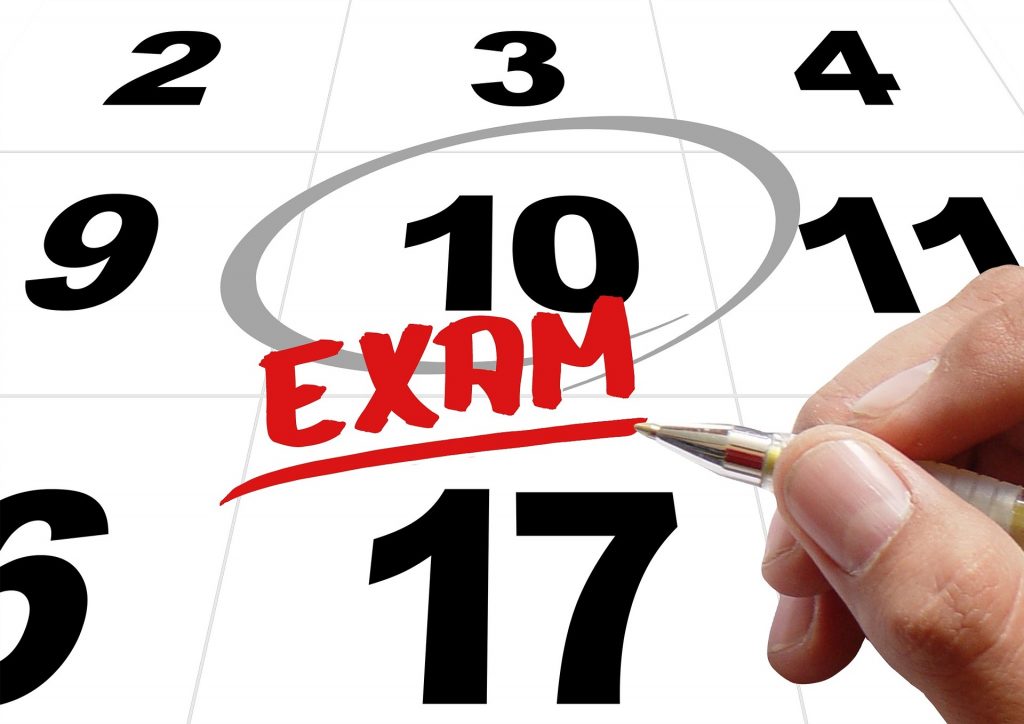
The story “Exam Revision” outlines one way in which students can mentally prepare themselves for the task of revision. In order to learn effectively, it is often useful to start by asking questions and to provide the unconscious with an overview of the unknown territory so that it can create an internal map into which the answers to these questions can later be slotted. It is also useful to distinguish between central and peripheral content before tackling the main task of revision.
A man once had only five months’ time to revise for an important exam, even though he knew that most other students spent twelve or eighteen months revising for it, and even then many failed and had to resit. How could he do all the necessary work in such a short time?
He gathered together the books he needed to study, and started off by reading the indexes at the end of the books again and again over several days. He wondered to himself what all the technical and foreign terms could mean, thought up explanations for them and asked himself which chapters would feature them most frequently. Then he examined the tables of contents, learned them off by heart and thought about how the books were structured. After that he read all the sections of the books printed in bold or italics, and the introductions and summaries for each chapter. He tried to work out where the key messages, explanations and supplementary information could be found in each book. Finally he returned to the indexes. After spending a few days like this he began to revise in the conventional fashion, and passed the exam at his first attempt.
